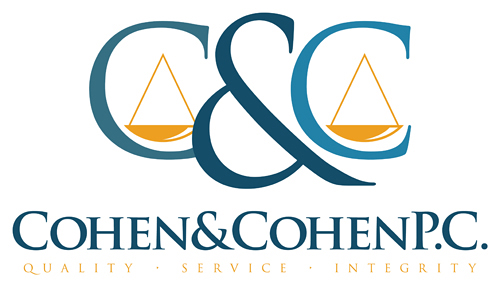If you’ve filed for bankruptcy in Colorado, you might think that all creditor actions against you must stop for good. But as the case of LNV Corp. v. Hook shows, that’s not always true when it comes to property that was used as collateral on a loan, like your home. This case helps explain what happens to your house or other property after bankruptcy and why some creditors may still be able to foreclose.
The Key Issue: Personal Liability vs. Foreclosure on Property
In LNV Corp. v. Hook, the homeowner argued that the foreclosure on her property went against the bankruptcy discharge order because she no longer owed the debt personally. But the court disagreed.
The judge pointed out something very important about bankruptcy: when you get a Chapter 7 discharge, your personal responsibility for paying the debt is gone (this is called your personal or “in personam” liability). But the creditor still has a right to the property that secured the loan (this is called an “in rem” action). That means they can foreclose on the property itself — they just can’t come after you personally for more money if the sale doesn’t cover the full debt.
The court referred to a U.S. Supreme Court case that said:
“A bankruptcy discharge erases the personal responsibility to pay, but not the creditor’s right to take the property if payments aren’t made.” Johnson v. Home State Bank, 501 U.S. 78 (1991)
What Happened in This Case?
In this case, LNV Corporation went to court to foreclose on the homeowner’s property after she defaulted, even though her personal debt had been wiped out in bankruptcy. She argued this broke the rules of her bankruptcy discharge, but the court ruled that:
- The foreclosure was allowed because it went after the property, not her personally.
- The creditor could not collect anything extra from her if the foreclosure sale didn’t pay off the full loan.
Why This Matters for Colorado Homeowners
This case is a reminder for people who have filed for Chapter 7:
- Your personal responsibility for the mortgage debt is discharged.
- But the mortgage lender’s lien on your property stays in place.
- If you stop making payments, the lender can still foreclose on the property.
- If you want to save your home, Chapter 13 bankruptcy might be a better choice because it lets you catch up on payments over time.
If you file Chapter 7 bankruptcy in Colorado, you no longer have to pay debts like your mortgage loan personally. But if you stop paying your mortgage, your lender can still foreclose on your home. That’s because bankruptcy clears your personal duty to pay, but it doesn’t erase the lender’s right to take the house if you don’t pay the loan. In LNV Corp. v. Hook, the court said the lender could go ahead with the foreclosure because they were going after the house, not trying to make the homeowner pay more money. This is important for anyone trying to keep their home after bankruptcy — you might want to look at Chapter 13, which helps you make up missed payments and avoid foreclosure.
How Our Colorado Bankruptcy Lawyers Can Help
At Cohen & Cohen, P.C., we help people all over Colorado — in Denver, Boulder, Colorado Springs, Grand Junction, and beyond. If you’re worried about losing your home or want to understand your bankruptcy options, we’re here to help. Call us today to talk about your situation.

